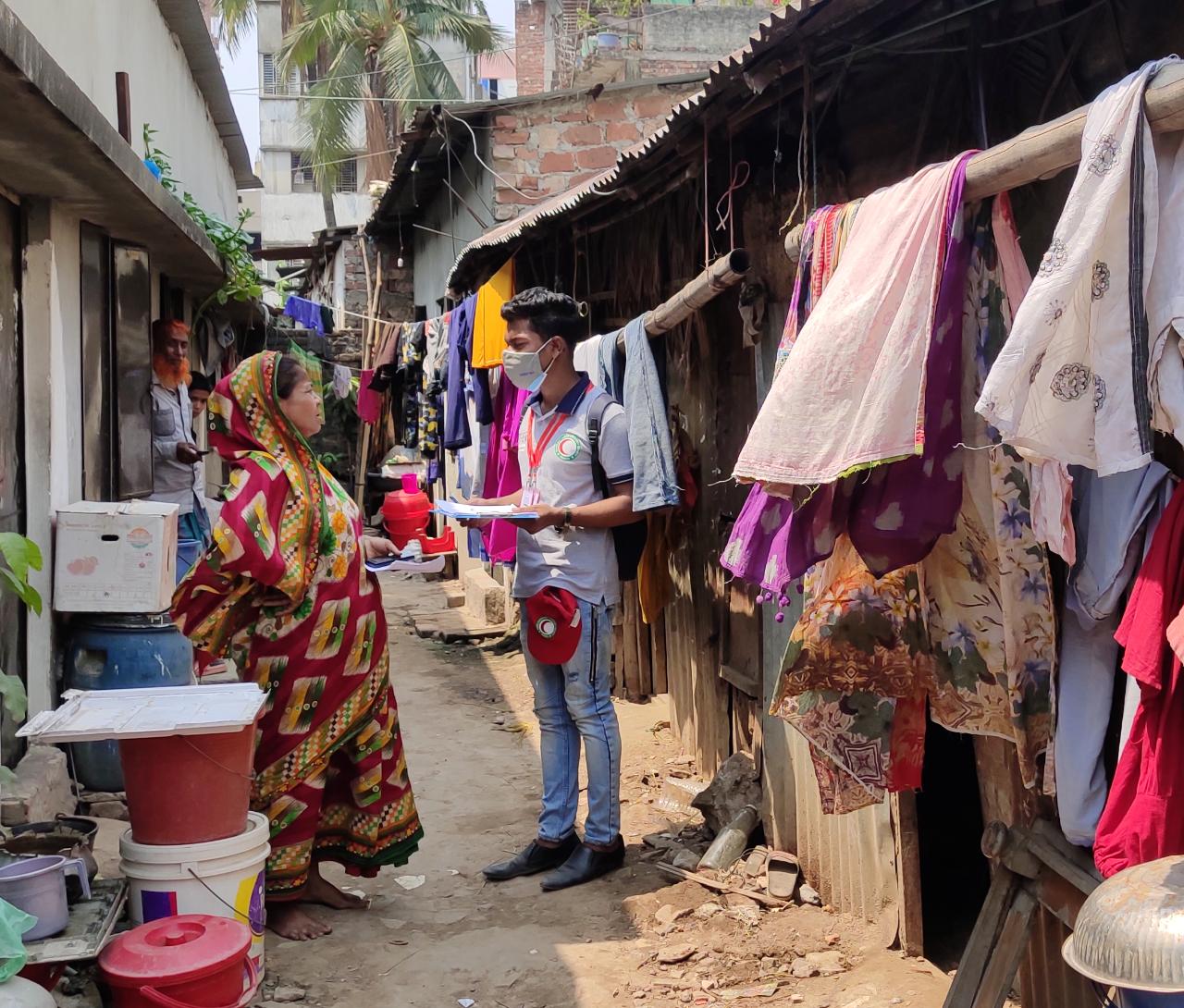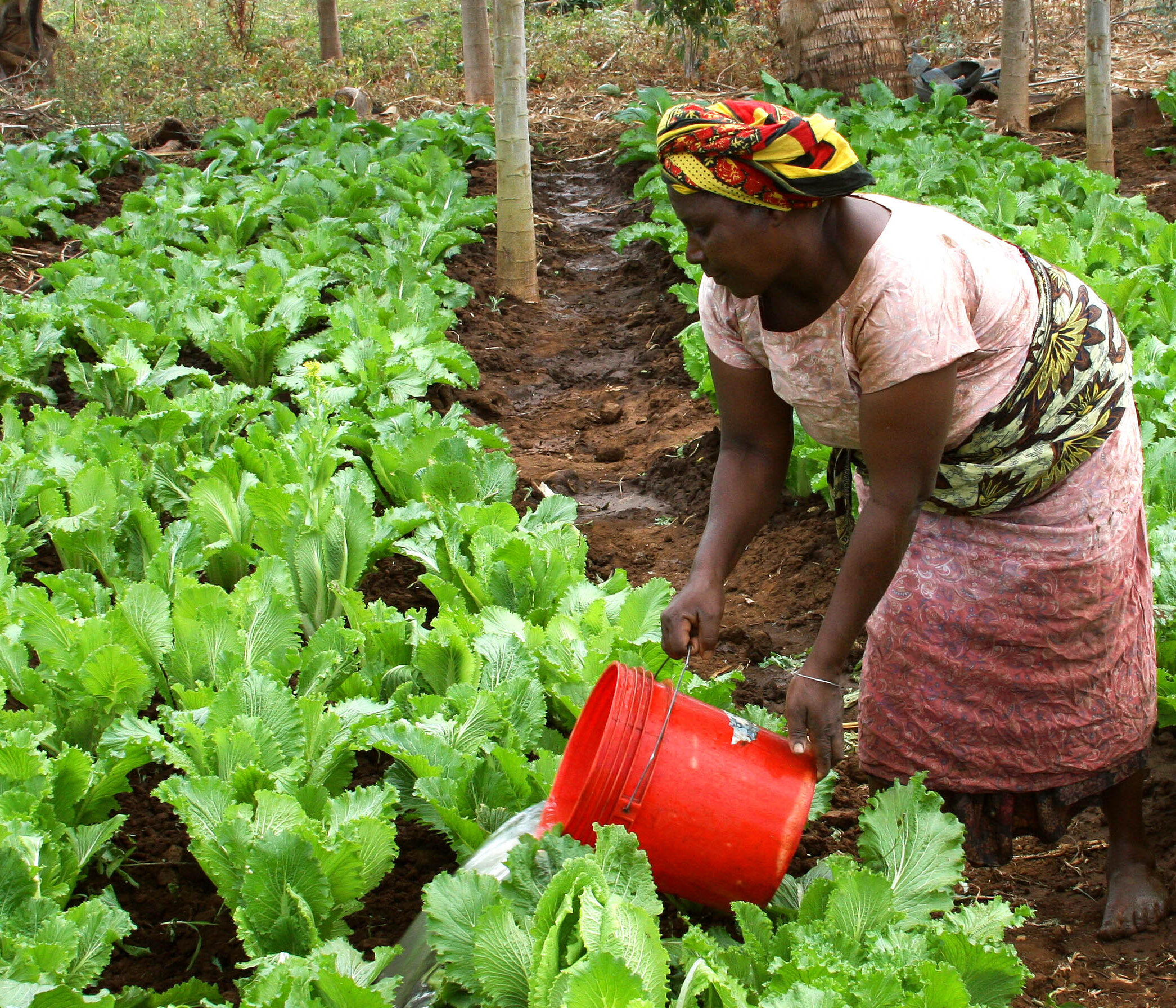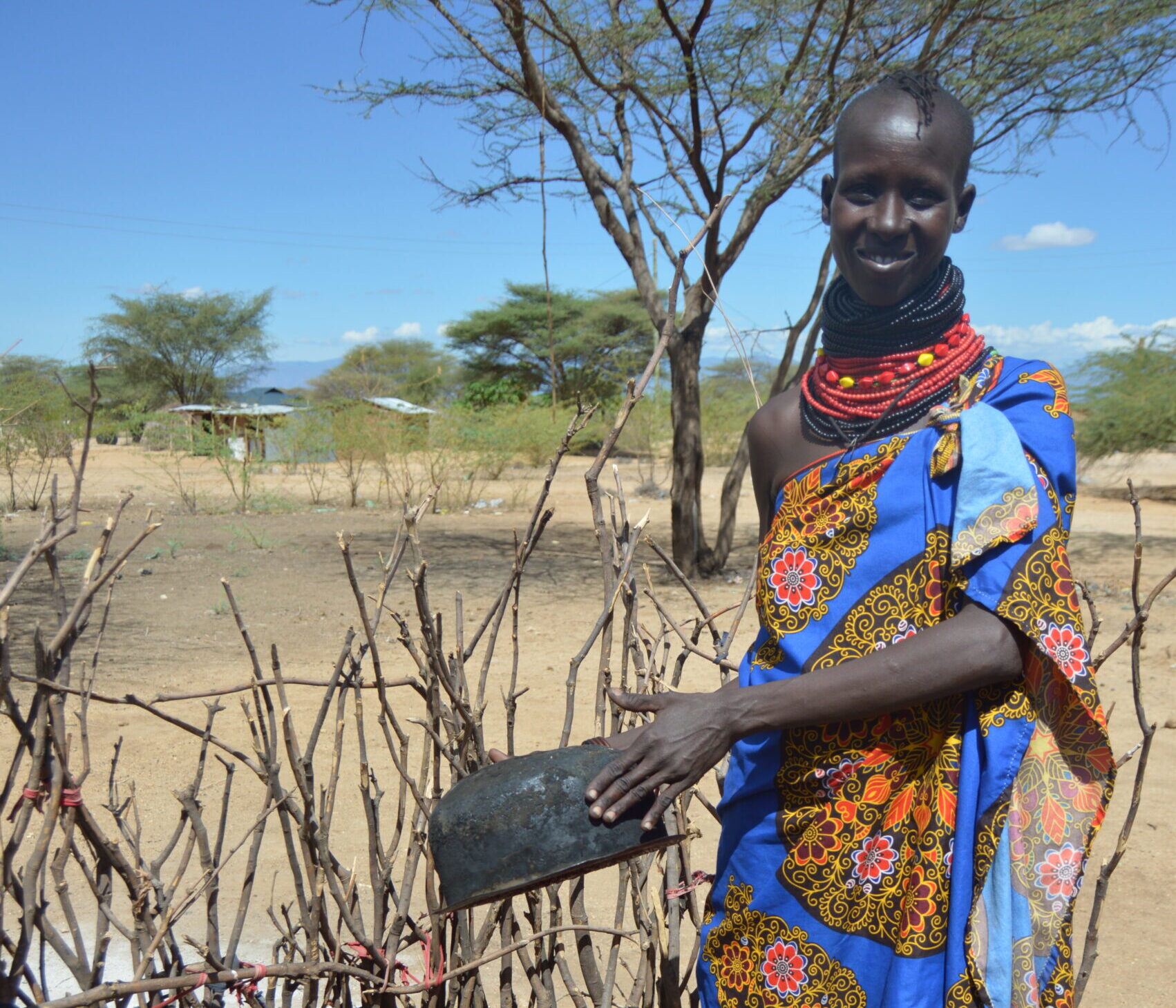
Determine if a crop-related response is appropriate, necessary, and feasible
Prioritize which crop-related response area may achieve livelihood objectives given the context
Track alignment of projects with minimum standards

Measure livelihood impacts from crop-related crisis response

Millions of people around the world who are vulnerable to crises rely heavily on crop production to support their livelihoods. Currently, 40% of the global poor live in economies affected by fragility, conflict, and violence. That number is expected to rise to 67% in the next decade (World Bank 2021).
By protecting and rebuilding crop-based livelihoods before, during, and after a crisis, crop-related crisis response mitigates the impacts of a crisis by contributing to a sustainable food supply and potential sources of income for the very poor.
SEADS is based on established humanitarian foundations, specifically:

To develop the 2022 edition of the SEADS Handbook, we drew on a systematic review of over 250 evaluations of crop-related responses in humanitarian crises.

Saving lives and livelihoods is a widely recognized core aim of humanitarian programming.

A rights-based approach encourages participation, empowerment, accountability, and non-discrimination when delivering crisis response or development programs.
The Steering Group oversees all SEADS activities, including the production and uptake of the SEADS minimum standards.
Resource Persons attend Steering Group meetings and provide specialist advice and guidance on aspects of SEADS products and activities.
The coordination team performs the core functions required to support SEADS activities and the Steering Group.
The field team provides critical, practical knowledge and experience to ensure that the perspectives of the communities affected by crises and their governments are included in the development and uptake of the SEADS minimum standards.